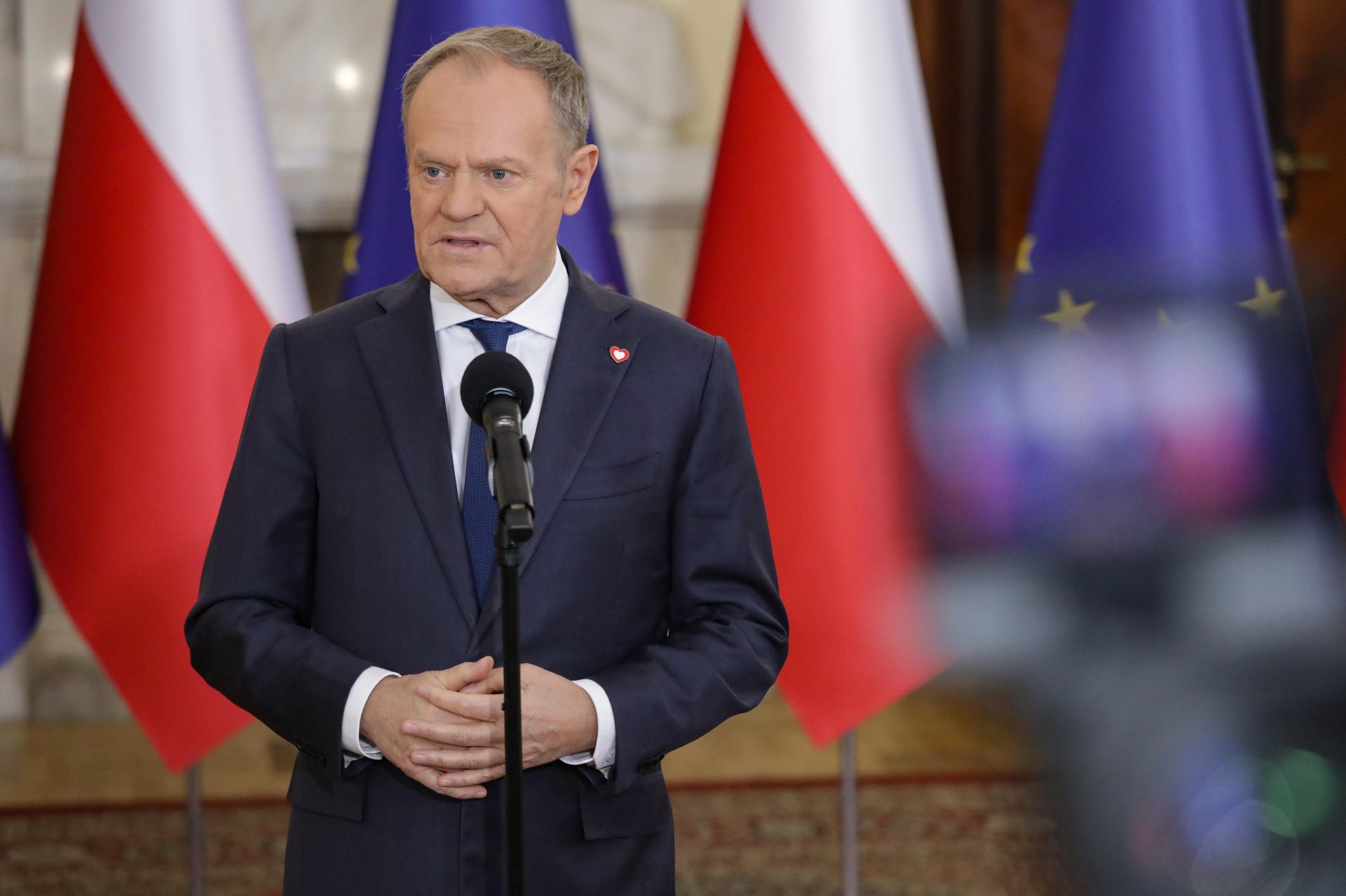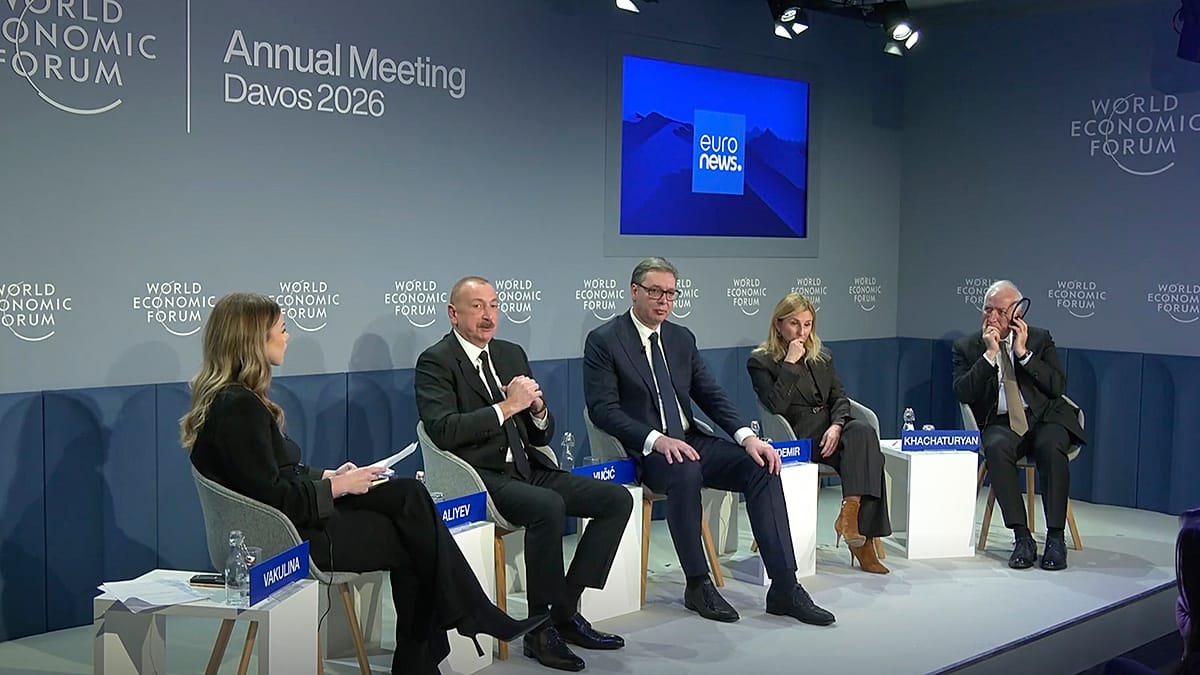Markets Struggle for Balance as Political Risk Looms Over Wall Street Rally


The U.S. stock market continues to tread a fine line between optimism around corporate earnings and growing concerns about political interference in economic policy. While the Nasdaq remains within striking distance of record highs, investor sentiment is tempered by renewed uncertainty surrounding the independence of the Federal Reserve and the direction of U.S. trade policy.
One of the key flashpoints emerged earlier this week with reports suggesting that President Trump had considered removing Federal Reserve Chair Jerome Powell. Though the president later appeared to downplay the speculation, the mere suggestion has unsettled markets. Central bank independence remains a cornerstone of global investor confidence, and any formal move to dismiss Powell could trigger a wave of volatility — with far-reaching consequences for Treasury yields, the U.S. dollar, and overall financial stability.
The episode has amplified investor anxiety over the perceived politicization of monetary policy at a critical time. With inflation still elevated and the Federal Reserve navigating a delicate path forward, any disruption in its leadership could spark deeper concerns about policy predictability — a key pillar for asset pricing and risk appetite.
At the same time, markets remain on edge as the U.S. approaches the August 1st deadline for major trade policy announcements. Hopes for progress on new trade deals could serve as a tailwind for equities, potentially driving indices to new highs. However, any setbacks — particularly those involving key trading partners — could inject fresh volatility and increase the risk of short-term corrections.
Earnings Season Offers Reassurance — But Not Certainty
Despite the macroeconomic headwinds, the second-quarter earnings season has provided some early signs of strength. Major U.S. banks have kicked off the reporting period with solid results, setting a cautiously optimistic tone. Robust consumer credit activity and resilient net interest margins have helped bolster the financial sector, which is often seen as a bellwether for broader economic health.
However, expectations for earnings growth remain muted. Analysts forecast a moderation in year-on-year earnings expansion, reflecting the lingering impact of elevated input costs, wage pressures, and uncertainty tied to tariffs and supply chains. Many companies are now navigating a landscape defined by tighter margins, more conservative guidance, and increased sensitivity to geopolitical developments.
Investors are particularly focused on how U.S. corporates are responding to the twin challenges of inflation and international trade friction. For firms with global exposure, currency volatility and shifting trade barriers remain major operational hurdles. While some companies have successfully passed costs on to consumers or adjusted sourcing strategies, others face ongoing margin compression.
High-profile earnings reports this week could further shape market sentiment. General Electric and Netflix are slated to release their numbers today, with market participants eager to gauge their forward outlooks. Looking ahead, heavyweights such as Apple, Meta, Amazon, and Alphabet will report later in the month — and their performance will likely play a decisive role in whether the current rally has staying power or loses momentum.
Macroeconomic and Geopolitical Risks Remain Embedded
Beyond earnings, investors are still contending with a challenging macroeconomic backdrop. Inflation remains a persistent concern, particularly if wage growth reaccelerates or commodity prices rebound. The Federal Reserve has so far signaled a cautious approach to any rate cuts, emphasizing the need for clearer evidence that inflation is durably declining toward the 2% target.
Meanwhile, geopolitical tensions — from Europe’s energy realignment to ongoing friction in the South China Sea — continue to add an unpredictable layer to global risk models. With markets increasingly responsive to policy surprises and geopolitical shocks, volatility could rise sharply in the second half of the year if current uncertainties remain unresolved.
Outlook: Cautious Optimism, Fragile Foundations
In the short term, corporate earnings and U.S. economic data will likely dictate market direction. If earnings surprises remain broadly positive and inflation data show further moderation, equities could continue their upward trajectory. However, that optimism is undercut by the potential for abrupt policy shifts — particularly around the Federal Reserve and trade — that could upend assumptions baked into current valuations.
The next several weeks could prove pivotal. Investors will be watching not just balance sheets and profit margins, but also signals from Washington and central bankers that may redefine the near-term policy landscape.
For now, the rally remains intact — but the ground beneath it is growing increasingly uneven.
The post Markets Struggle for Balance as Political Risk Looms Over Wall Street Rally appeared first on European Business & Finance Magazine.
















































